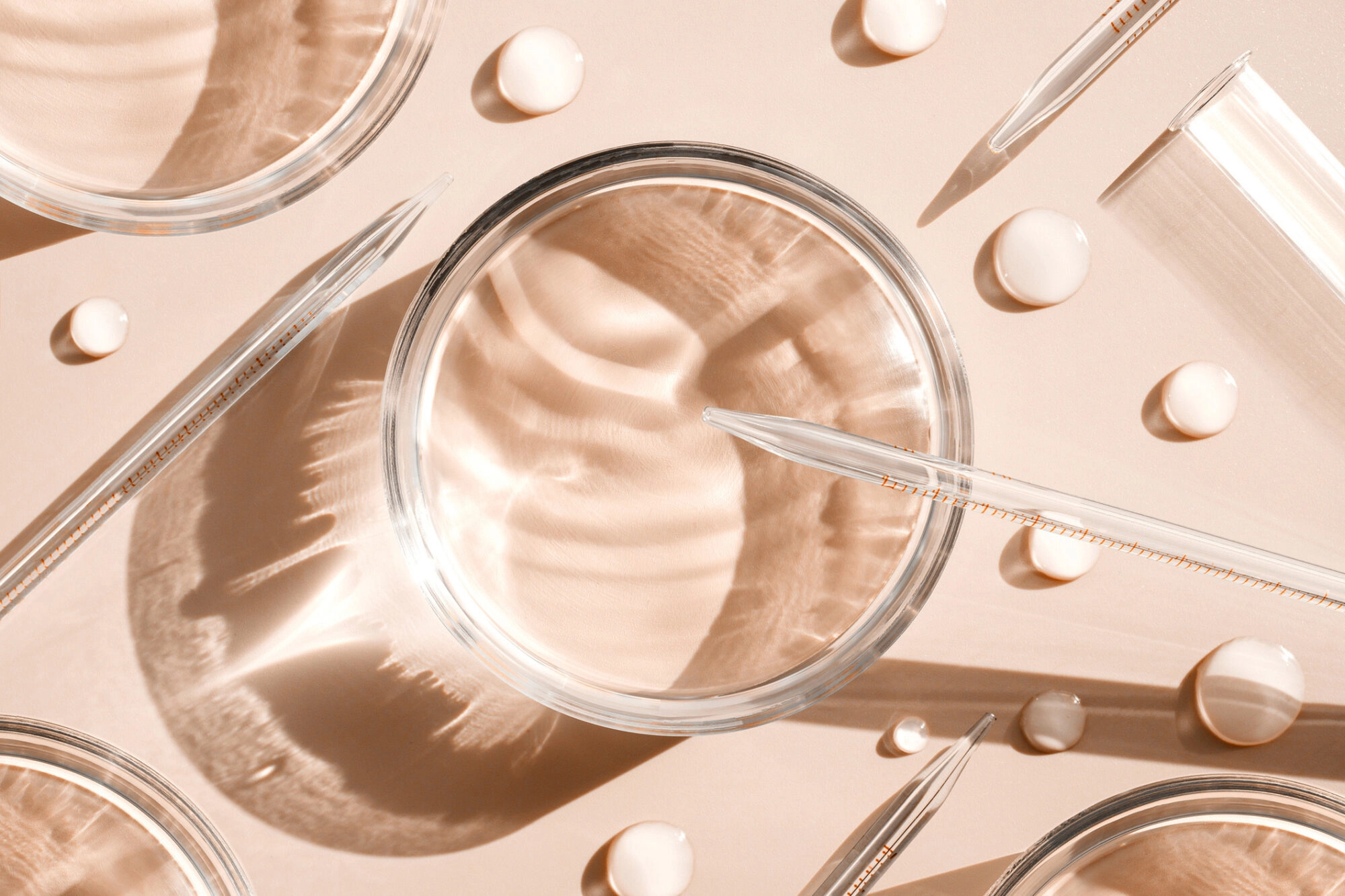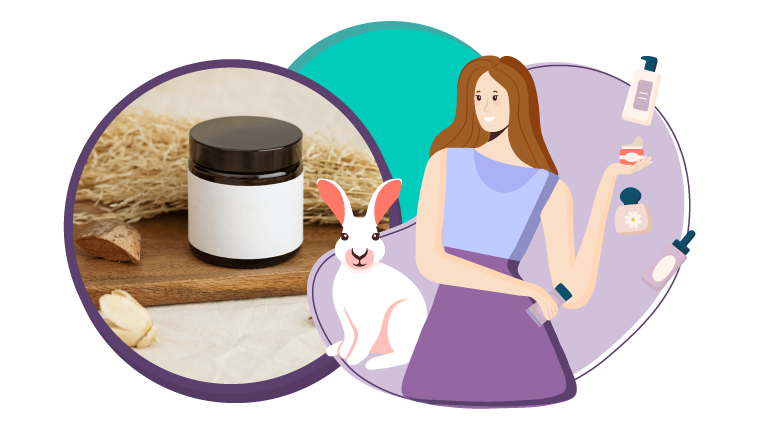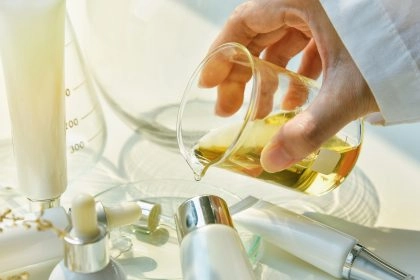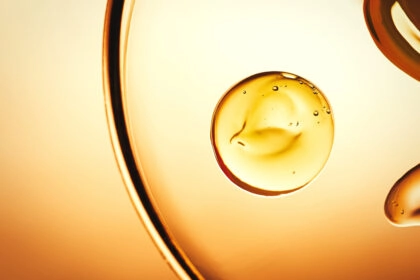化妆品动物试验即将结束
随着行业标准的演变,世界各地都在逐步淘汰化妆品动物试验的做法。除了一些罕见的情况(例如中国),制造商正在采用动物友好型替代品,这些替代品也能提供更令人信服的效果。

化妆品动物测试:你需要知道什么
长期以来,化妆品动物试验的做法正逐渐在世界范围内被淘汰。随着技术的不断发展和消费者对所购买产品的意识越来越强,制造商确实正在放弃这种做法,转而寻找更合适的替代品。但所有地方都是这样吗?哪些国家仍然要求对化妆品进行动物试验?以下是您需要了解的内容。
动物试验在化妆品行业中扮演什么角色?
在开发出用于测试化妆品成分安全性的现代方法(如计算机模型和基于人体细胞的测试)之前,公司会进行动物测试。一些制造商在研究新化合物时仍会选择进行此类测试,并利用它们来评估化学物质是否会引起皮肤或眼睛刺激或健康危害(如出生缺陷、癌症或其他类型的疾病),或确定其”致死剂量”。
然而,化妆品动物测试的局限性很大,因为动物和人类对同一种化学物质的反应往往不同,导致危险的不准确性。两种动物的结果也可能不同,这意味着它们不能用来保证化妆品成分的安全性。
化妆品动物测试的替代方案有哪些
人们经常会问:化妆品动物试验有必要吗?过去没有真正的替代品,这也是为什么动物试验被认为是一种良好做法的原因。从那时起,数以千计的化妆品成分已被证明绝对安全,无需进行任何进一步的测试。这意味着公司可以探索各种组合,利用经过数十年广泛使用的成分来创造创新产品。得益于化妆品制造软件,制造商现在可以轻松获得大量成分信息数据库。这是迄今为止最具成本效益的解决方案,也是遵守动物试验法律的可靠方法。
此外,对于那些希望评估新成分的不良影响的人来说,有近 50 种非动物动物试验的替代品,还有更多的替代品仍在开发中。这些方法不仅成本更低,而且更准确,因为它们可以更紧密地模拟人类对化妆品成分的反应。例如,计算机模型和基于人类细胞的测试甚至可以更快地提供结果。
化妆品行业动物试验的法律规定是什么?
唯一要求对化妆品进行动物测试的国家是中国。即便在那里,法规也已修改,以限制这种做法。自 2014 年起,生产普通化妆品(如肥皂或洗发水)的公司不再需要对其产品进行动物测试。自 2021 年起,可以进口同一类别的化妆品,而无需先进行动物测试。另一方面,特殊用途化妆品仍然不符合条件。
在美国,化妆品不再需要进行动物测试,加利福尼亚州、马里兰州、伊利诺伊州、内华达州、夏威夷州、缅因州、新泽西州和弗吉尼亚州等一些州甚至实施了禁令。在欧盟,自 2022 年 4 月起,禁止销售经过动物测试或含有经过动物测试的成分的化妆品。英国、挪威、瑞士、冰岛、以色列、印度和墨西哥也通过了类似的动物测试法。澳大利亚、加拿大、新西兰、哥伦比亚、危地马拉、土耳其、韩国、台湾以及巴西的几个州也实施了限制或禁令。
现在,人们普遍认为化妆品动物试验的做法已经过时、不合时宜且过于残忍。意识到这一做法正在逐步淘汰,越来越多的公司正在努力采用无残忍生产模式,许多公司甚至达到了跳跃兔子的标准。个人护理产品的世界确实变得更好了!

您可能喜欢的更多资源




